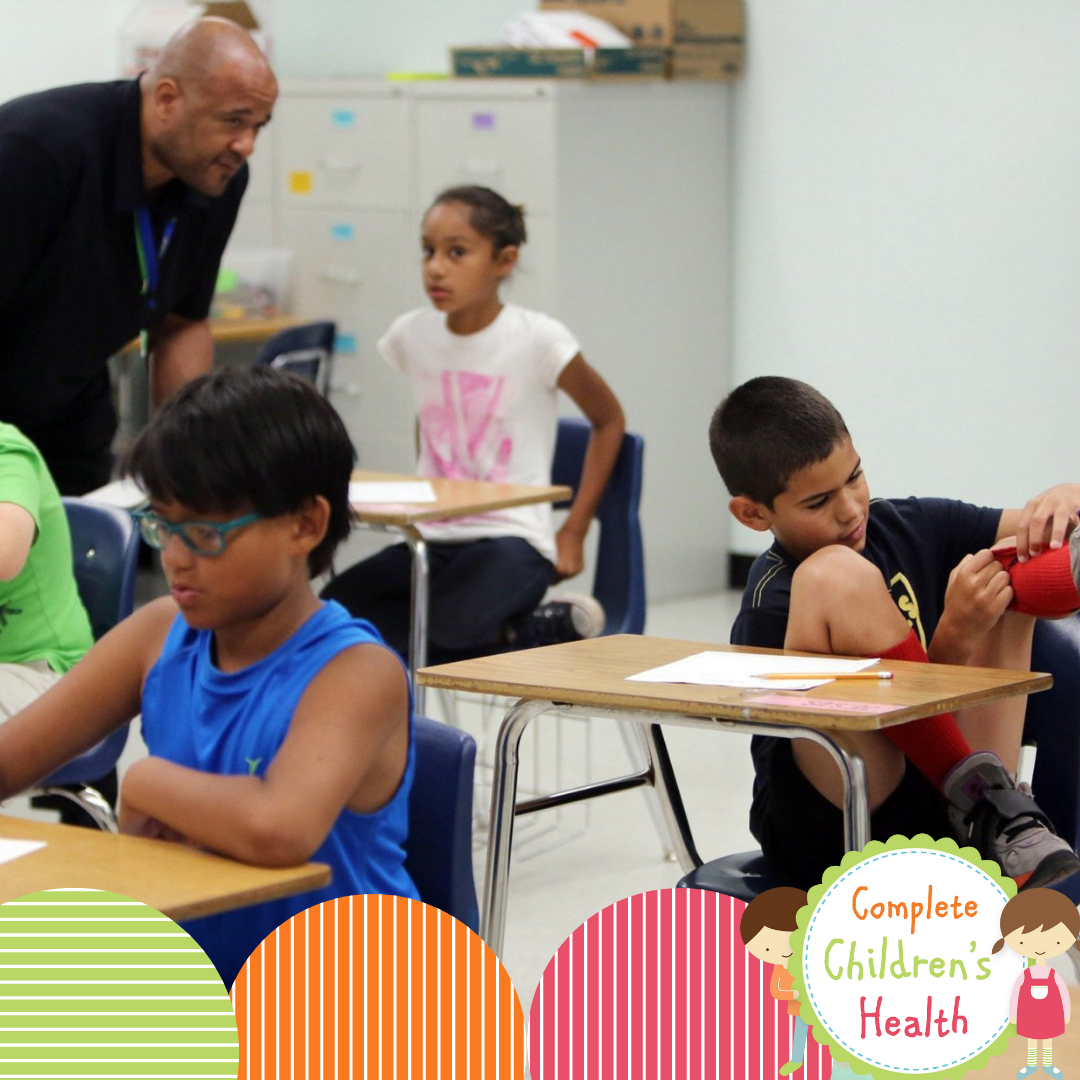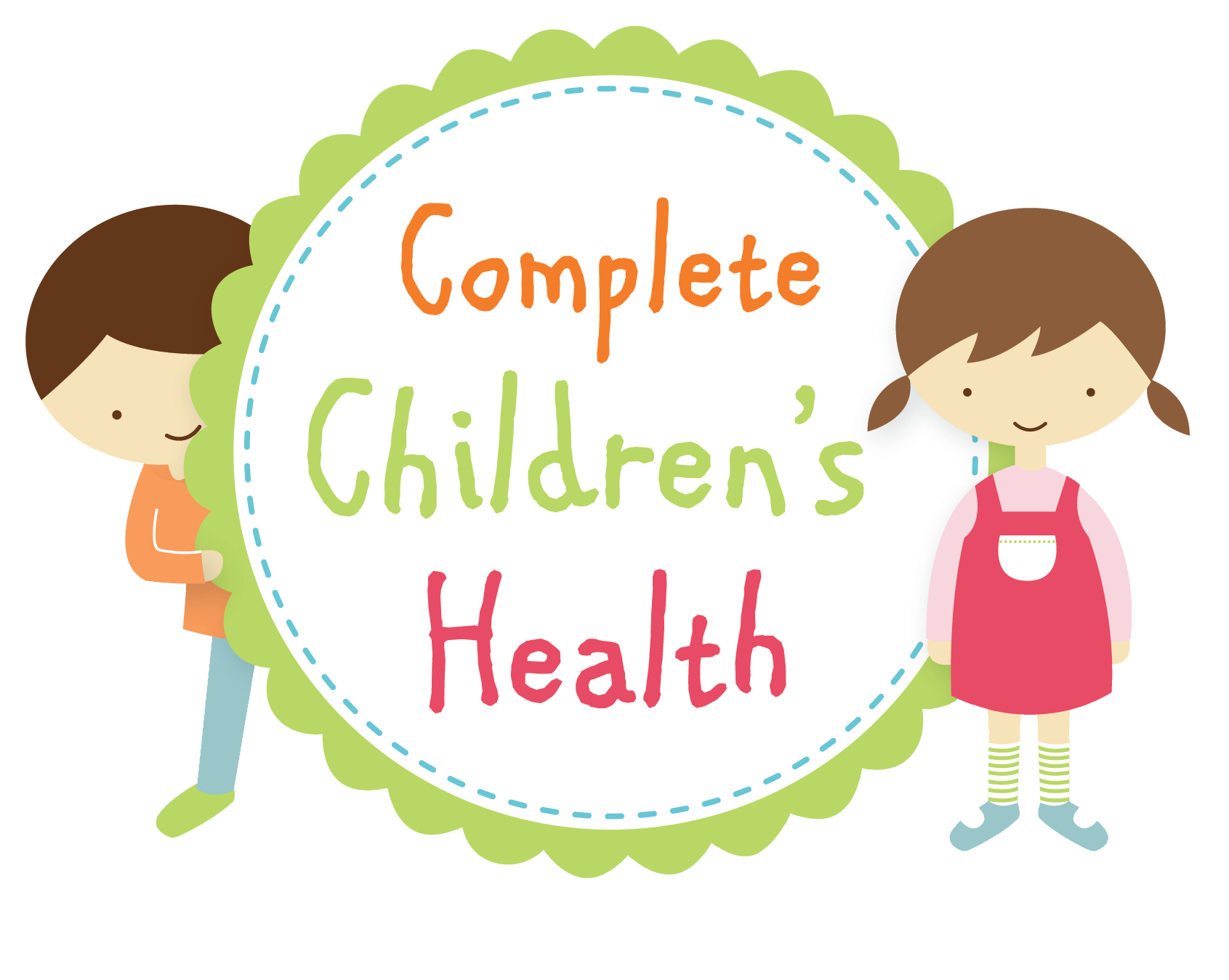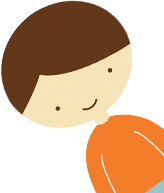With schools reopening teachers are reporting a spike in the number of children displaying behavioural problems post COVID-19 lockdown. They have raised concerns that these unwanted behavioural changes can lead to poor academic performances and affect their quality of life. Though there are differences between this type of behaviour and ADHD.
Does your child struggle with a limited attention span? Do they behave within standard limits at home and outside? Do they sit quietly when required? 
Not being able to stay within these parameters or sit quietly is normal childhood behaviour and happens at various ages and from time to time, but if this behaviour occurs frequently and interferes with your child’s daily life, they may have ADHD
Attention deficit hyperactivity disorder (ADHD), formerly known as ADD, is a brain disorder that affects the functioning of the frontal lobe of the brain concerned with attention and impulse control. Usually, it is first diagnosed in childhood and often lasts into adulthood and is one of the most common neurodevelopmental disorders of childhood.
Children with ADHD often have difficulty concentrating (are easily distracted) and are impulsive and overactive.
It tends to be disruptive behaviour that is usually detected in a classroom. It is a condition that affects a young child’s behaviour and learning. A child with this disorder exhibits the following symptoms:
- inattentiveness
- easily distracted/ impulsiveness.
- doesn’t enjoy things that require sitting still
- doesn’t follow directions or finish tasks
- disorganisation and problems prioritising.
- doesn’t seem to listen
- doesn’t pay attention and makes careless mistakes
- forgets about daily activities
- has problems organising daily tasks
- loses things
- daydreams
- Poor time management skills.
- Trouble multitasking.
- Poor planning.
- Low frustration tolerance.

A child with six or more of these symptoms of inattention for at least six months may be diagnosed with the inattention aspect of ADHD. This is gauged by how much it interferes with their everyday life and the level of inconsistency against developmental milestones. Many children with ADHD say they don’t understand why they sometimes feel out of control or lonely.
If you are concerned about your child, see your GP first, and they will give you a referral for your child to see us. Although ADHD can’t be cured, it can be successfully managed, and some symptoms may improve as the child ages. The exact cause of ADHD is not known, and it is not the child’s or the parent’s fault.


